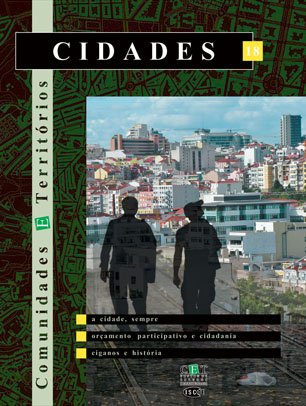The Catumbi Gypsies: From "King's Walkers" and Slave Traders to Law Officials in the City of Rio de Janeiro
Keywords:
calon gypsies, slave trade, judiciary power, Rio de JaneiroAbstract
This article discusses the participation of calon gypsies in the slave trade Africans and in the Judiciary of Rio de Janeiro since the court of King João VI, analyzing the practices and networking of informal organizations and relationships. The presence of this group in the most important captive market and in a public institution whose logic is based on in the impersonal and contractual ties, constitutive urban life, offers us an interesting opportunity for reflection on the forms of negotiation from which the gypsies achieved, in the sphere of work, a prominent insertion in the city of Rio de Janeiro. Your strategies reveal the group's high sociological competence when occupying a niche market, making use of the ability to market commodities often overlooked by the large drug-trafficking enterprise (so-called "second-hand slaves") and to include in the "costs" the costs of litigation, tips established through parties involved in legal proceedings.
Downloads
Published
Issue
Section
License
CIDADES, Comunidades e Territórios by DINÂMIA'CET-Iscte is licensed under a CC-BY licence.






